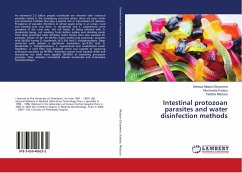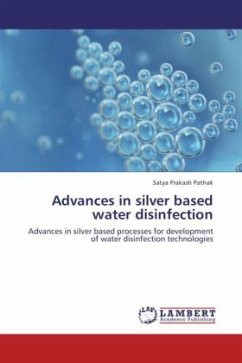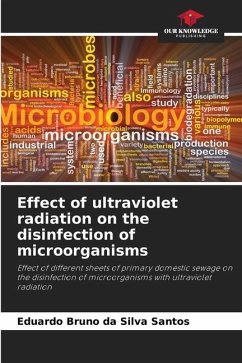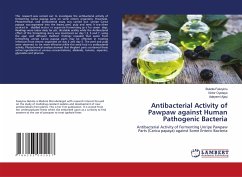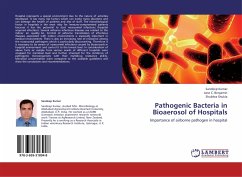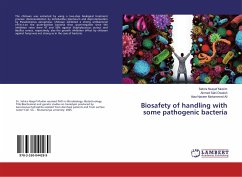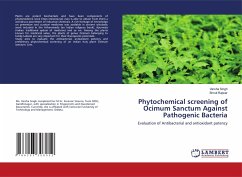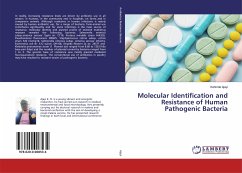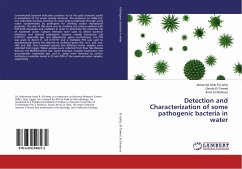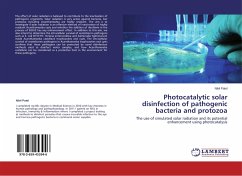
Photocatalytic solar disinfection of pathogenic bacteria and protozoa
The use of simulated solar radiation and its potential enhancement using photocatalysis
Versandkostenfrei!
Versandfertig in 6-10 Tagen
27,99 €
inkl. MwSt.

PAYBACK Punkte
14 °P sammeln!
The effect of solar radiation is believed to contribute to the inactivation of pathogenic organisms. Solar radiation is very active against bacteria, but protozoa including Acanthamoeba are highly resistant. The aim is to investigate if solar radiation is an effective method of inactivation of highly resistant Acanthamoeba cysts and whether the addition of riboflavin in the process of SODIS has any enhancement effect. In addition to this aim, we also intend to determine the intracellular survival of waterborne pathogens such as E. coli O157:H7, Yersinia enterocolitica and Salmonella typhimuriu...
The effect of solar radiation is believed to contribute to the inactivation of pathogenic organisms. Solar radiation is very active against bacteria, but protozoa including Acanthamoeba are highly resistant. The aim is to investigate if solar radiation is an effective method of inactivation of highly resistant Acanthamoeba cysts and whether the addition of riboflavin in the process of SODIS has any enhancement effect. In addition to this aim, we also intend to determine the intracellular survival of waterborne pathogens such as E. coli O157:H7, Yersinia enterocolitica and Salmonella typhimurium inside Acanthamoeba castellanii trophozoites and cysts. The intracellular survival of waterborne pathogens in Acanthamoeba trophozoites and cysts confirms that these pathogens can be protected by novel disinfection methods used to disinfect water samples, and how Acanthamoeba castellanii can be considered as a protective host in the environment for these pathogens.




